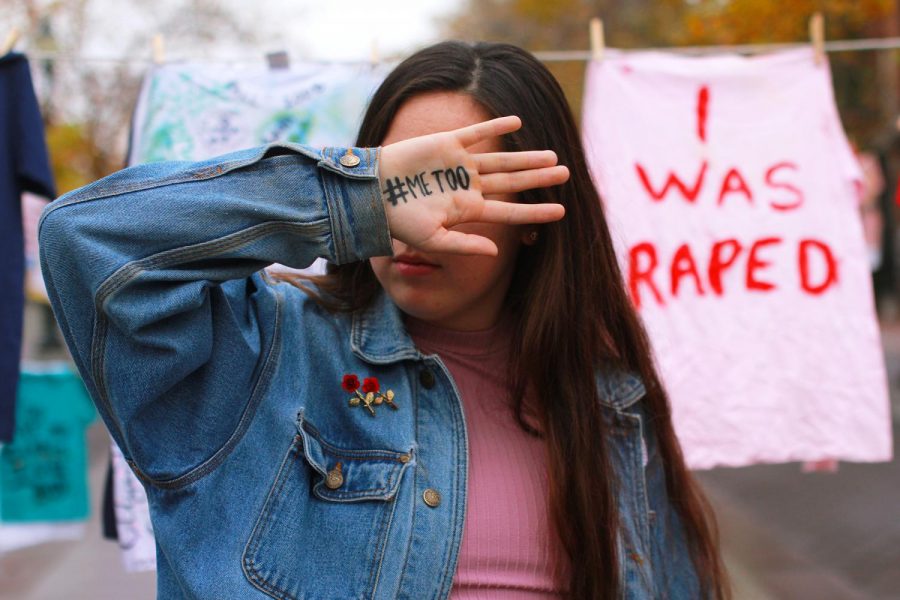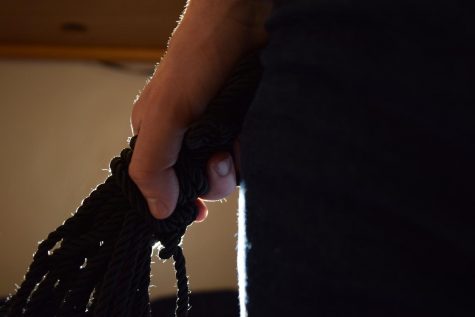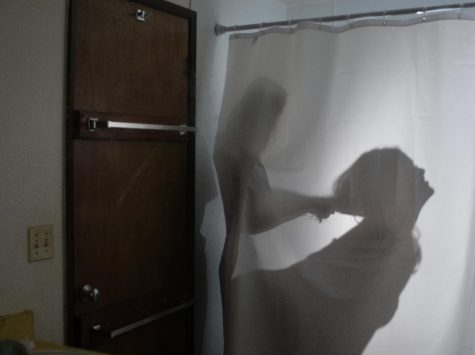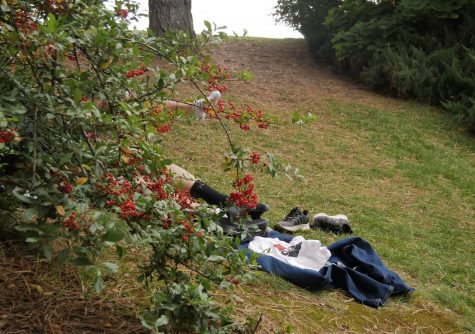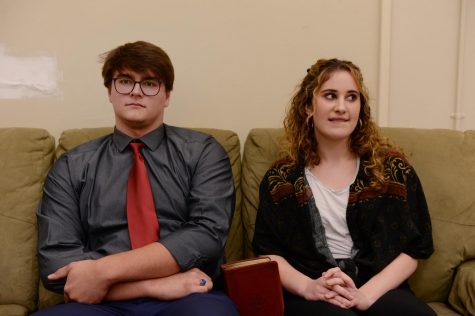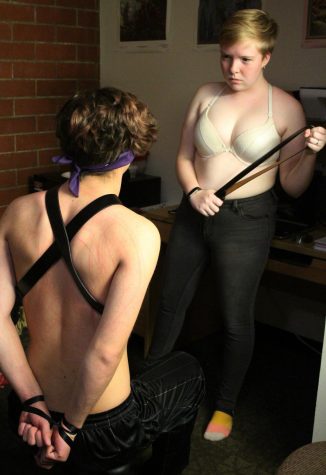WSU should provide better resources for assault victims
Some victims placed on waitlist for counseling; school should make effort to help them heal
TEVA MAYER | EVERGREEN PHOTO ILLUSTRATION
Both WSU students and survivors of sexual assault and harassment around the country have come forward on social media with the hashtag #metoo.
February 15, 2019
In 2006, Tarana Burke founded the MeToo movement with the goal of helping survivors of sexual assault heal from their experiences. Burke’s vision was for the movement to devote attention to the lack of resources for survivors of sexual assault and create a community of advocates, run by survivors, to initiate solutions to stop sexual assault within their communities.
As the MeToo movement gained attention through social media, it gave survivors an outlet to share their stories and encouraged others to speak up about their own experiences. This helped destigmatize the topic of sexual assault, one often considered taboo throughout various cultures. With the rise of the MeToo movement came an influx of brave survivors coming forward and reporting their perpetrators, many of which were college students who had never reported their assaults before.
It is estimated that 20-25 percent of women and 15 percent of men are victims of rape during college, according to the National Sexual Violence Resource Center. These alarming statistics bring attention to what colleges themselves are doing to help victims heal from their assault.
Currently, the Office for Equal Opportunity at WSU helps students initiate investigations, assists with campus safety options and directs students to local medical and therapeutic support. Providing students with confidential resources where students can be assisted if they choose to report an assault, request accommodations or look for external support is great. However, WSU lacks an adequate amount of staff to assist students with the healing process.
Survivors of sexual assault need counseling, therapy or a support group to initiate the healing process after their assault. Counseling and Psychological Services (CAPS) provides these services to students at WSU but is often fully booked within weeks of beginning operations for fall and spring semester.
CAPS cannot assist all students who seek their services and must place them on a waitlist until a counselor or psychologist becomes available. As women and men are more likely to be sexually assaulted in college than at any other time throughout their life, colleges need to provide ways for students to heal.
Jessie Olstad, a junior criminal justice and gender studies major, works at the WSU Women*s Center and has given thought to the issue.
“I think there needs to be more availability so people don’t feel like they’re not being listened to by being put on a waitlist or being told that they’ll eventually get to them,” Olstad said.
Steps WSU could take to ensure they can provide an adequate support system for survivors of sexual assault would include increasing the number of counselors and psychologists at CAPS. This ensures all students who need therapy can receive the appropriate treatment. In addition, CAPS could extend its hours of operation to accommodate students with different schedules.
“I guess because we are in a small town there’s less [assistance] than there would be in a larger city,” Olstad said. “It just needs to be more accessible and have longer hours if people need to come in.”
The popularity of the MeToo movement serves to encourage survivors of sexual assault to speak up and seek help to heal from their trauma. It brings increased awareness to alarming statistics regarding sexual assault on college campuses like WSU.
As survivors across college campuses join the movement, it is the college’s responsibility to assist these students with not only the liability process but with the healing process. As a university that seeks to have a safe and progressive environment, WSU must increase the staff and hours of its services to provide better healing for survivors.
As of now, the MeToo movement is ongoing, working with sexual assault advocates to help spread the word and encourage people to speak up about their assault. They’re still working to change the stigma around sexual assault and if you have been a victim of sexual assault, please use the resources on campus to help yourself and report the crime. While this is for your benefit, it also supports the movement and brings about beneficial societal change.


